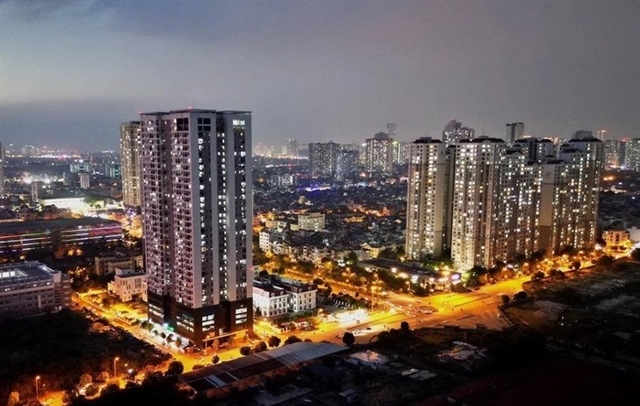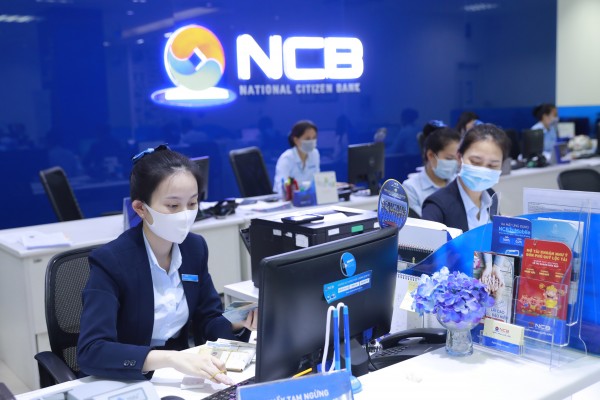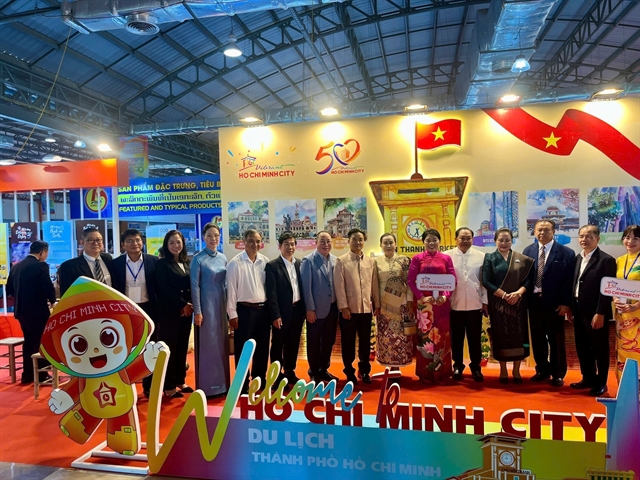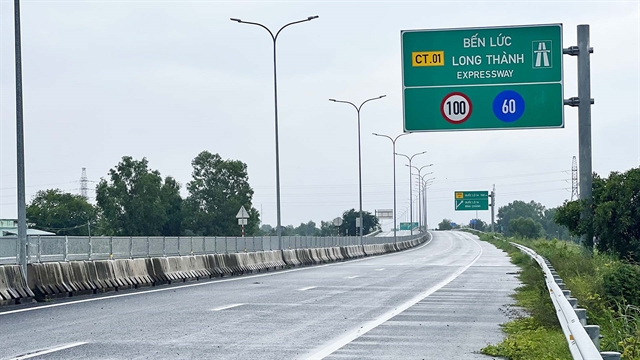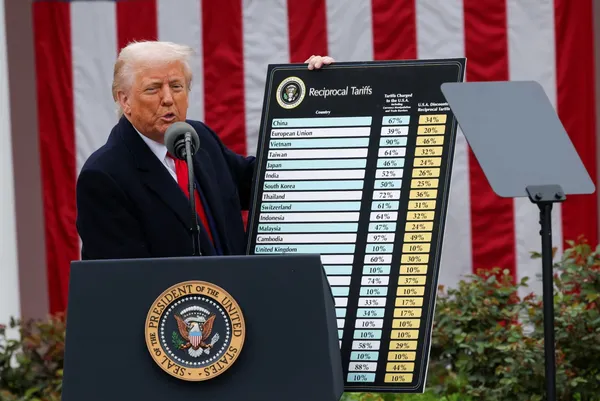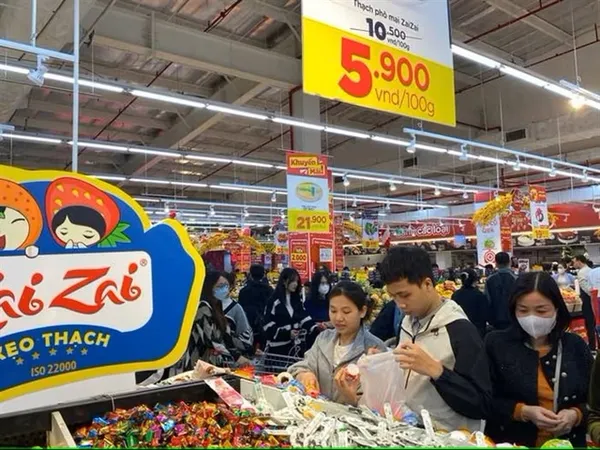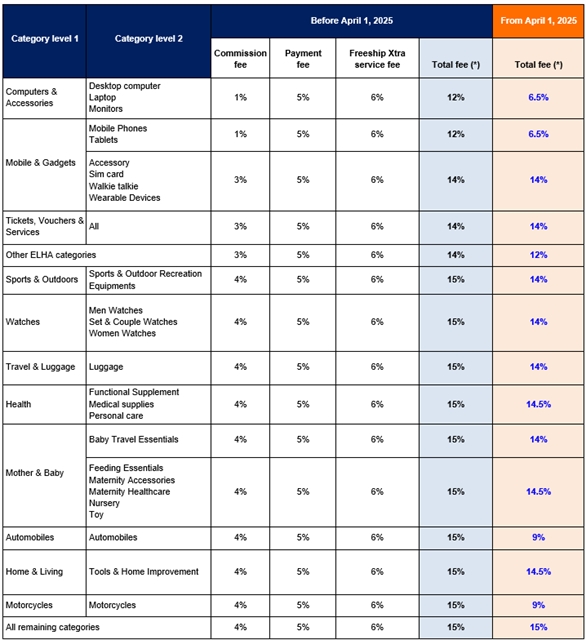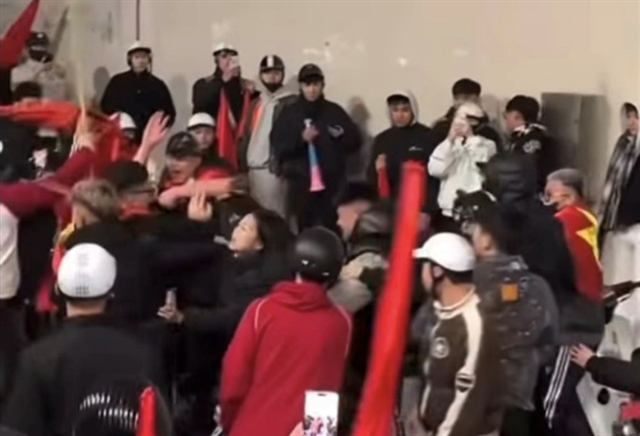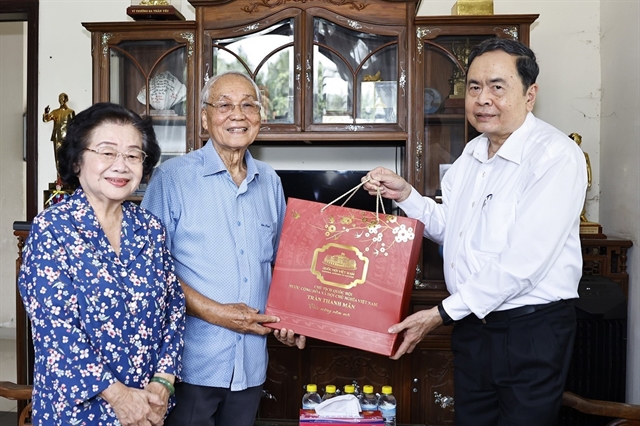
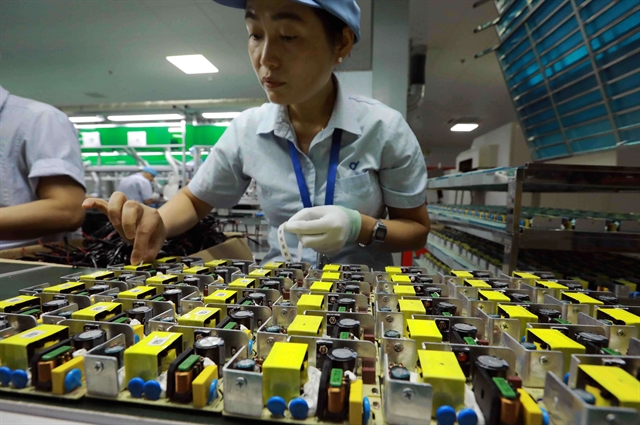 |
| Production of electronic components in a company based in Hải Phòng. Việt Nam is building an EPR decree focusing on e-waste. VNA/VNS Photo |
HÀ NỘI — The International Finance Corporation (IFC), in collaboration with the United Nations Development Programme (UNDP), organised a third event on April 2 in Hà Nội to facilitate dialogue between Vietnamese Government and the private sector on the evolving the Extended Producer Responsibility (EPR) framework for e-waste.
This dialogue updated stakeholders on current legal progress and resumed discussions to gather the private sector’s inputs for developing the EPR Decree in 2025.
These discussions have identified key areas where improvements are needed and have provided critical recommendations to policymakers, particularly for the former Ministry of Natural Resources and Environment (MONRE), now part of the Ministry of Agriculture and Environment (MAE).
The dialogue attracted participation of EPR Việt Nam's key electrical and electronic equipment (EEE) producers, recyclers, and other industry players to discuss Việt Nam’s EPR regulations.
Việt Nam's Government plans to introduce a stand-alone EPR Decree in the third quarter in 2025, a major step towards refining the country’s waste management and circular economy policies. The regulation provisions for e-waste are planned to be included in one separate chapter of the EPR Decree.
As EPR implementation expands, the dialogue aligned expectations on compliance, cost-sharing and operational aspects, ensuring effective and practical regulations for the EEE value chain.
Beyond EPR compliance, the dialogue explored broader circular economy measures in the EEE sector, aligning with Viet Nam’s sustainability goals.
Discussions also covered formal-informal sector integration, tracking and reporting mechanisms, incentives for cleaner production, and greening the supply chain.
The session introduced UNDP’s GEF-8 Global Electronics Management (GEM) Project, supporting Việt Nam in advancing circularity in the EEE industry through strengthened policy frameworks, infrastructure and technological innovation.
This project, to be implemented from 2026-2030, will seek to address systemic barriers across policy and legislation (i.e., EPR design, implementation and monitoring), and production, consumption, recovery and recycling capacities for enterprises across the EEE value chain.
It will focus on four integrated components to support the country in aligning with global best practices and strengthening its e-waste management framework to mitigate environmental and human health risks.
Those components include enabling policies on EEE; cleaner production and sustainable consumption; resource-efficient value chains; and knowledge management and communication.
By uniting government, industry and development partners, this dialogue aimed to foster collaborative solutions for an efficient EPR system, setting the stage for long-term transformation in the EEE sector. — BIZHUB/VNS

.jpg)
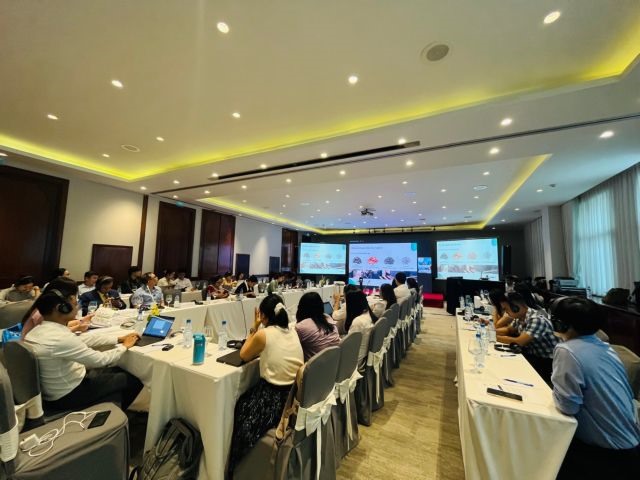
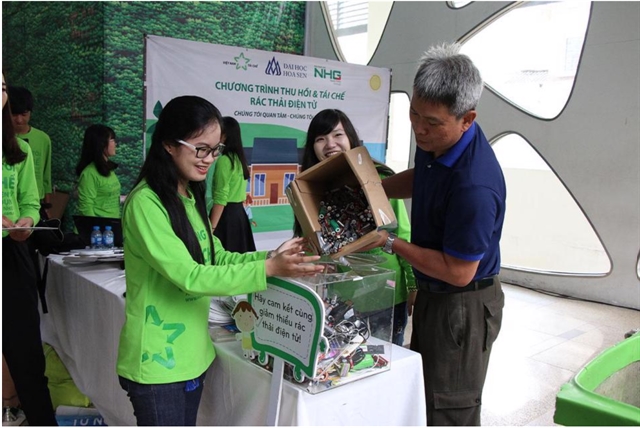
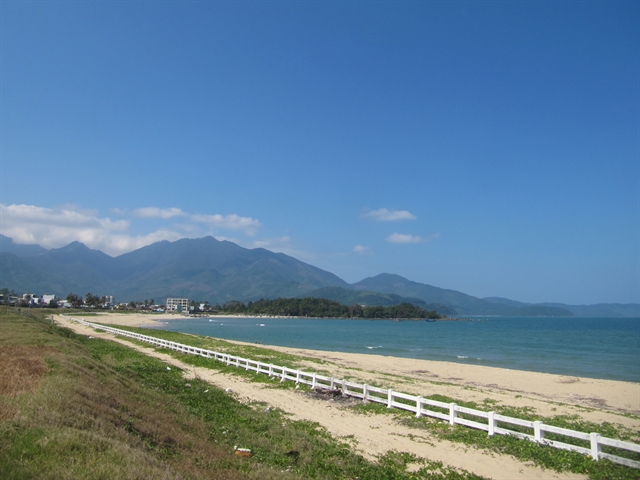
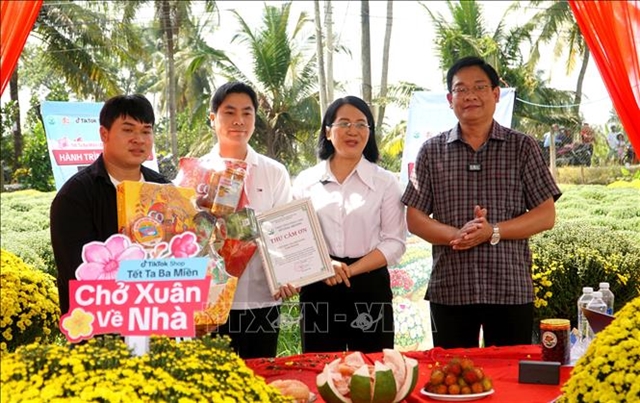
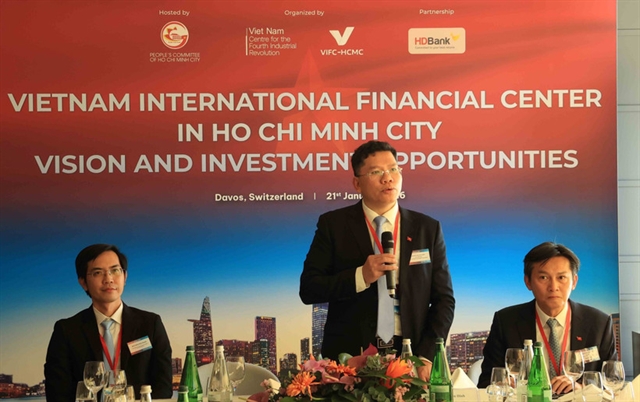
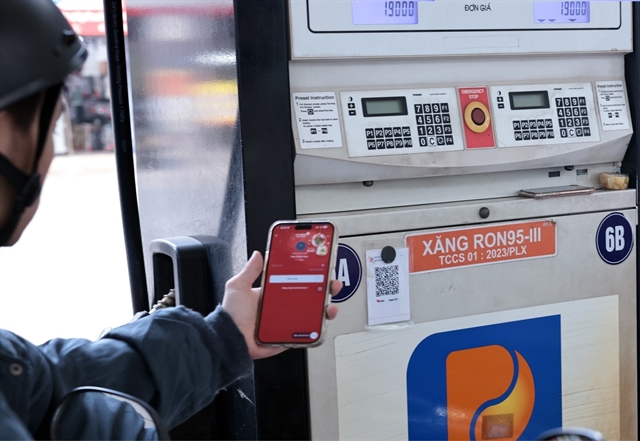
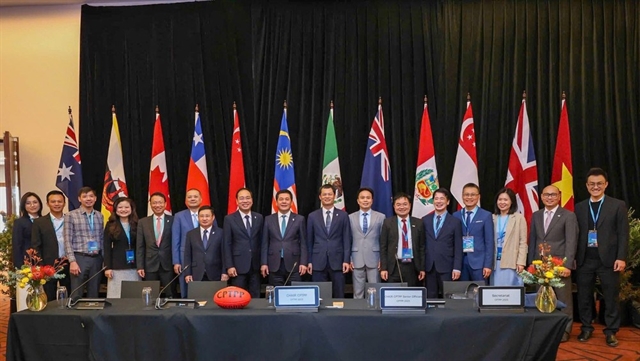
.jpg)
